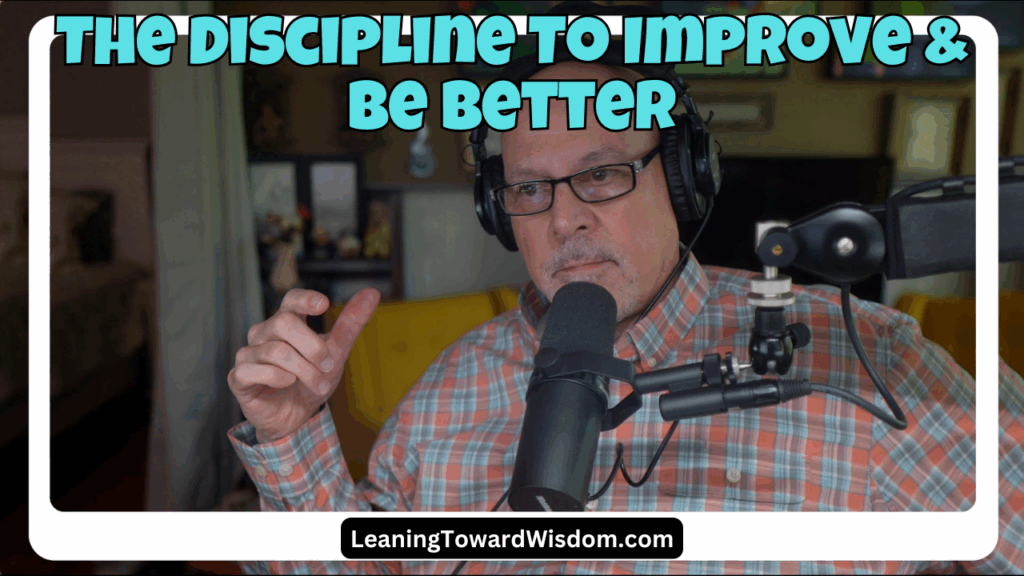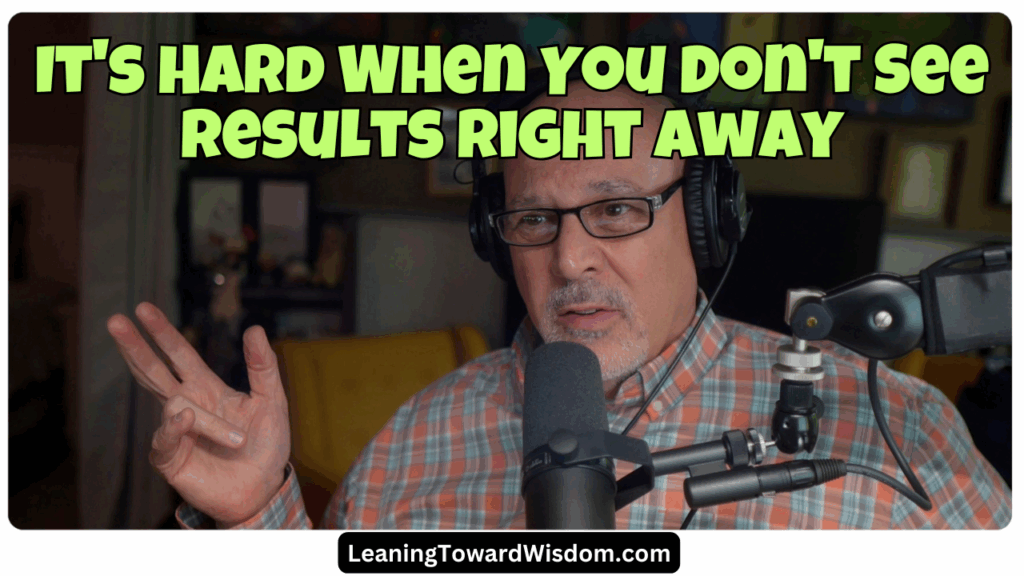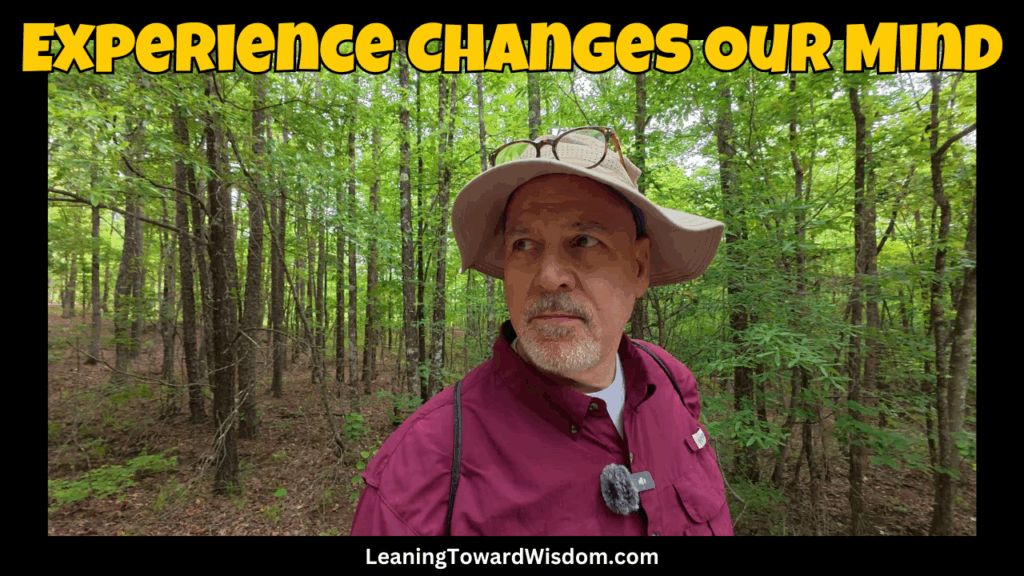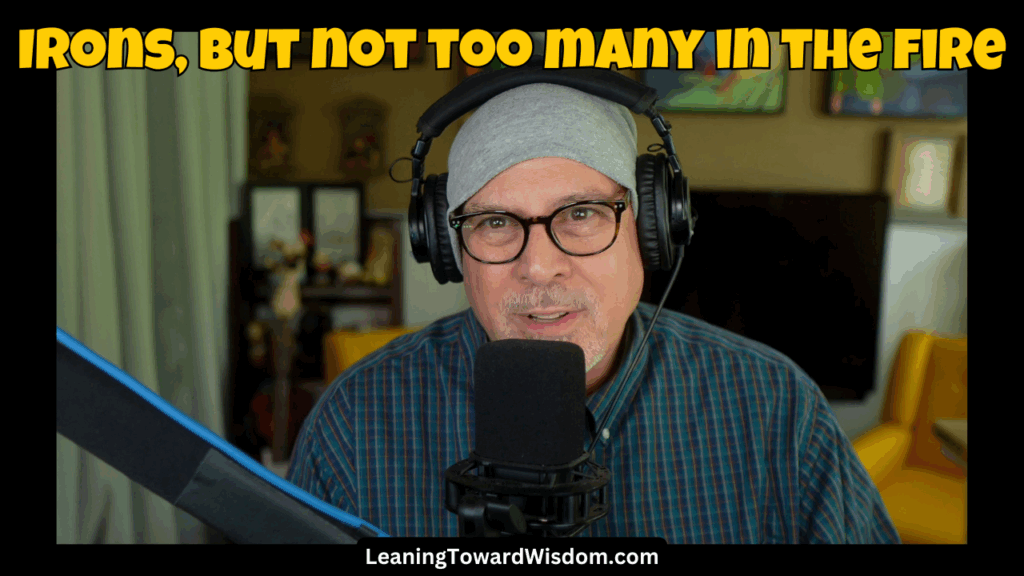Podcast: Play in new window | Download (Duration: 54:45 — 25.1MB)
Subscribe: Apple Podcasts | Spotify | iHeartRadio | Email | | More
When we learn that our behavior and choices belong entirely to us and are independent of what others do, it’s the road less traveled to becoming a better person. Rare are the people who have made up their minds to behave like that, likely because it demands a willingness to suffer wrong and move on to do what’s right. No matter what.
Self-discipline is at the heart of enduring suffering, sacrificing, exercising grace and gratitude. All hard things!
Easier things are becoming bitter, harboring resentment, and embracing a victim mentality. Hatred. Retribution. Payback. Those are all easy and require no self-control.
However, as is often the case, ease can be damaging over the long term. It makes us worse. It wrecks us. Refusing to put in the hard work of temperance ultimately comes at a high price over time.
Discipline sometimes has no involvement with others. For instance, about 3 weeks ago, I began mainly eating carnivore. I did it solely for myself, to feel better. I also hope to drop some unwanted weight, but that was secondary. Nobody else influenced my decision. I’m not doing it for anybody else. Self-discipline helps me improve my health and overall well-being.
Another area of self-discipline is spending. Since January, I’ve had some planned purchases to elevate my game as a content creator. Late last year, I made some purchases for items I’ve come to need. Much of it involves unsexing things, such as a network-attached storage (NAS) system that allows me to store large video files easily. I invested in a 4-bay device (that means I can load up four large hard drives that will work in unison). It wasn’t cheap.
I also invested in some software and other tools necessary for my current role as a content creator, producing three different shows, including this one. I started this journey around 1999, so it’s not how I started. I wouldn’t recommend spending a lot of money to start producing online content. That phone you carry around every day will do the job. I recently encouraged a friend to use his phone and a $150 wireless microphone setup, along with a cheap selfie stick tripod device. It’s a great way to start and can likely serve you well for years to come. Twenty-five years ago, that was NOT the case, so through the years, I’ve invested a significant amount of money in this craft. Until last year, that was all audio, too. New flash: audio is way cheaper than video! 😀
Spending on anything can get out of control. It requires discipline to avoid spending, especially overspending. I’ve hit my limit – planned or otherwise. Okay, I’ve almost hit it. I’ve two items on my list that I still need to purchase, both of which are equipment-related. The most expensive of them is a computer hub so I can more efficiently connect everything to my computer instead of having three different smaller hubs. It’s a device that wasn’t previously available due to technological limitations.
After that, I’m intentionally hitting the PAUSE button on spending because I’m going into full-blown saving mode. I’m approaching this with intention, a plan, and self-discipline, just as I do with my diet.
Teddy Swims was on Q with Tom Powers, a CBC production. Here’s the YouTube link.

Please tell a friend about the podcast!
• Join our private Facebook group
• Email me











